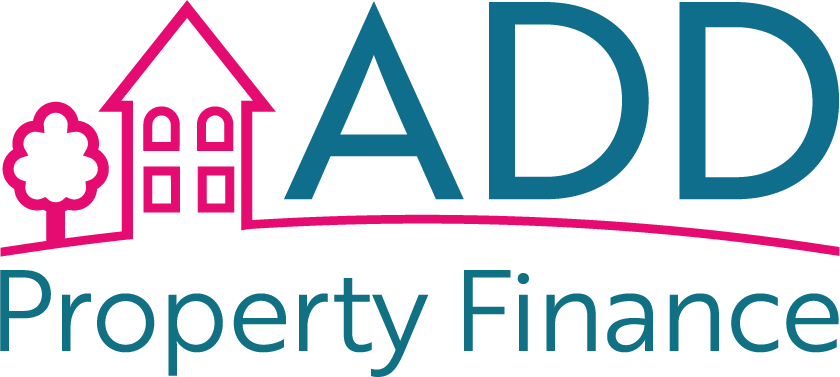When it comes to property investments and financing, commercial mortgages play a pivotal role. They are a cornerstone for those looking to venture into the world of commercial property investment. In this comprehensive guide, we will unravel the intricacies of commercial mortgages, shedding light on what they are and how they differ from their residential counterparts.
What Is a Commercial Mortgage?
In essence, a commercial mortgage is a loan taken out to purchase, refinance, or develop commercial property. These properties can encompass a wide range of structures, including office buildings, retail spaces, warehouses, and industrial facilities.
Key Differences from Residential Mortgages
1. Purpose and Use
- Commercial Mortgages: These are used solely for business purposes, typically to purchase or improve income-generating properties. The property is often seen as an investment that will generate rental income or appreciate in value.
- Residential Mortgages: These are used to purchase homes primarily for personal residence. While some individuals use residential properties for rental income, the primary purpose is personal use.
2. Lending Criteria
- Commercial Mortgages: Lenders focus heavily on the property’s income potential and the borrower’s creditworthiness. The property’s ability to generate rental income or profits from the business operating within it is a crucial consideration.
- Residential Mortgages: Lenders assess the borrower’s personal credit history, income, and debt-to-income ratio. The property’s income potential is typically not a primary consideration.
3. Interest Rates
- Commercial Mortgages: Interest rates for commercial mortgages tend to be higher than those for residential mortgages. The increased risk associated with commercial properties often leads to slightly elevated rates.
- Residential Mortgages: Residential mortgages generally come with lower interest rates since they are considered lower risk.
4. Loan Terms
- Commercial Mortgages: Loan terms for commercial mortgages can vary widely but are often shorter than residential mortgages. Typical terms range from 5 to 20 years.
- Residential Mortgages: Residential mortgages often come with longer terms, typically 15 to 30 years.
5. Down Payments
- Commercial Mortgages: Commercial property buyers usually need to make larger down payments, often around 20% to 30% of the property’s purchase price.
- Residential Mortgages: Down payment requirements for residential properties are often lower, with some options allowing down payments as low as 3% to 5%.
6. Regulation
Commercial Mortgages: Commercial mortgages are less regulated than residential mortgages, which have stricter consumer protection laws.
In conclusion, commercial mortgages are a vital tool for investors and businesses looking to enter or expand in the commercial real estate market. They differ significantly from residential mortgages in terms of purpose, lending criteria, interest rates, loan terms, down payments, and regulation. Understanding these distinctions is essential for making informed decisions when entering the world of commercial real estate investment. Whether you’re eyeing that downtown office building or a bustling retail space, a commercial mortgage can be the key to unlocking your business or investment dreams.







